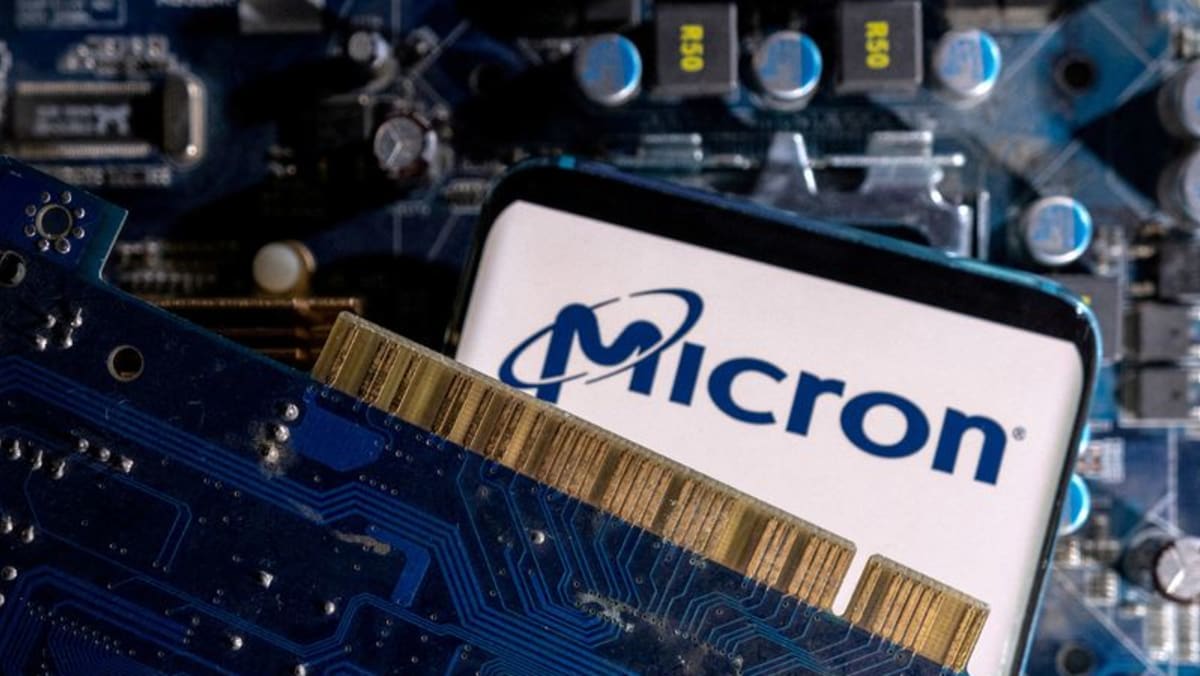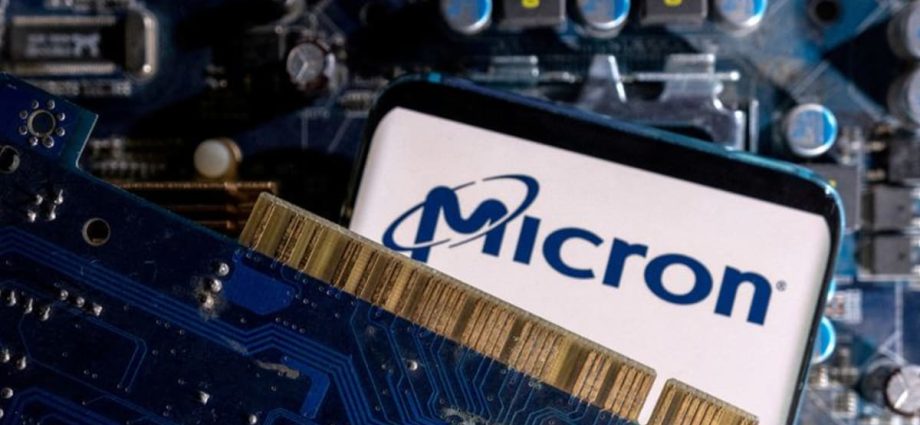
The US Commerce Department said it would speak directly with authorities in Beijing to clarify their actions.
“We also will engage with key allies and partners to ensure we are closely coordinated to address distortions of the memory chip market caused by China’s actions,” the department said.
LIMITED IMPACT
China’s announcement on its Micron review helped boost shares in some local chipmaking-related firms on Monday, as state media reported that domestic players could benefit from the move.
Shares in companies including Gigadevice Semiconductors, Ingenic Semiconductor and Shenzhen Kaifa technology opened up between 3 per cent and 8 per cent.
Micron’s major rivals also saw their shares gain, with South Korea’s Samsung Electronics and SK Hynix rising 0.7 per cent and 2 per cent, respectively, versus a 0.9 per cent rise in the broader market.
“As China’s domestic memory suppliers are not competitive in technologies and capacity, China would need to resort to Samsung, SK Hynix, Kioxia, Western Digital or other foreign suppliers as the alternative to Micron,” Bernstein analysts said in a note.
It said Samsung and SK Hynix, which have chip factories in China, may gain more traction with Chinese customers. Both Samsung and SK Hynix had no comment.
However, Jefferies analysts expected limited impact on Micron as its major customers in China are consumer electronics firms such as smartphone and computer manufacturers, not infrastructure suppliers.
“Since Micron’s DRAM and NAND products are much less in servers, we believe most of its revenue in China is not generated from telcos and the government. Therefore, the ultimate impact on Micron will be quite limited,” they said in a note.
It generated US$5.2 billion of revenue from China including US$1.7 billion from Hong Kong last year, about 16 per cent of its total revenue, according to Jefferies.
Bernstein said a 2 per cent hit to sales was the most realistic estimate given Micron’s exposure to the enterprise and cloud server segment is relatively small.
Beijing has broadly defined industries it considers “critical” as ones such as public communication and transport but has not specified just what type of business these apply to.
China, the world’s biggest semiconductor buyer, has gradually reduced its reliance on foreign-made chips in a multi-year campaign to boost its self-sufficiency.
Its DRAM chip output accounted for 15 per cent of global supplies last year, up from 10 per cent in 2018, according to research firm TrendForce.

